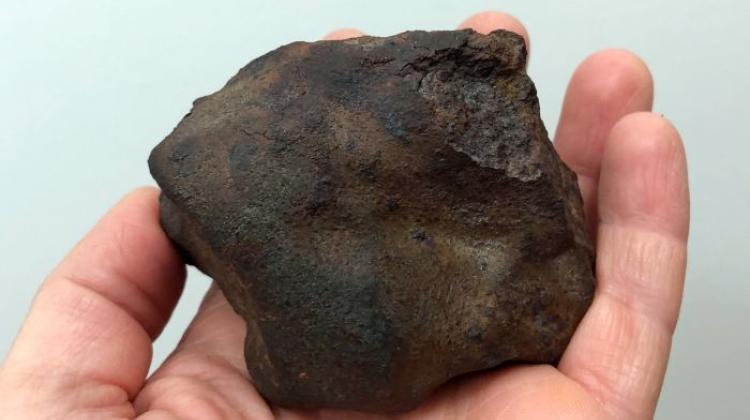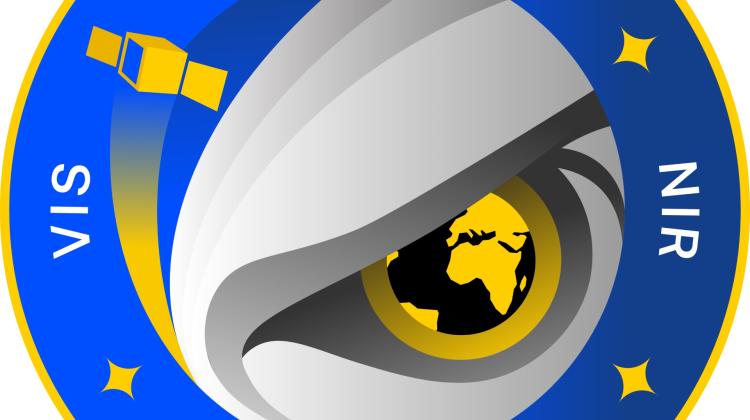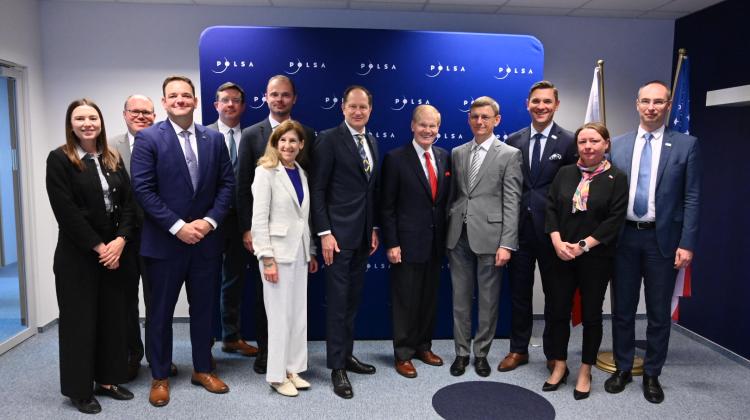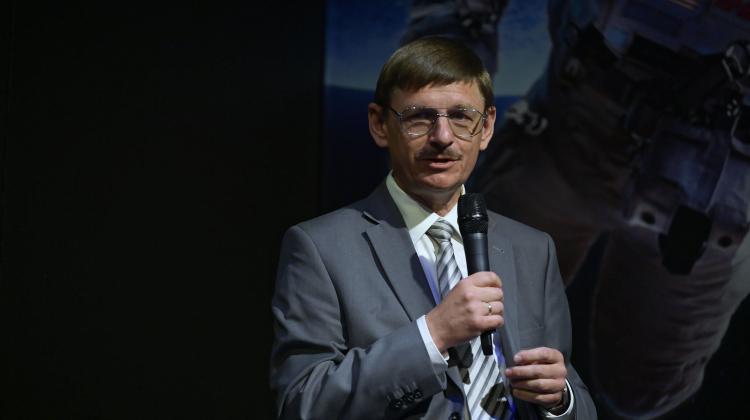Polish Space Agency may launch operations in Gdańsk in early March
 Photo: Fotolia
Photo: Fotolia
In early March, the Polish Space Agency should launch operations in Gdańsk. President of the Agency announced that the headquarters will be located in Gdansk Science & Technology Park at Trzy Lipy street.
Last week in Gdańsk, representatives of the Polish Space Agency, the Pomeranian Special Economic Zone and the city authorities signed a letter of intent on cooperation. The parties declared their support, especially in the area of enterprise development in Pomerania and Gdańsk.
Vice President of Gdańsk Andrzej Bojanowski pointed out that by signing this letter, the city authorities had expressed "full readiness to support the Polish Space Agency (...), including the financial support". "We have (...) the money, for example for innovation, for activity support, so that the Pomeranian and Gdańsk entrepreneurs can build their future and power based on the latest technologies".
President of the Polish Space Agency, Prof. Marek Banaszkiewicz announced that the launch of the Agency operations in Gdańsk "is a matter of 10 days to two weeks". He explained that "the work is almost finished on the lease of premises". "Then there is the Agency registration, obtaining tax identification number, registration number, account number, and that actually constitutes the Agency, we can start working" - he added. At first the Agency will lease more than 300 sq. m.
Prof. Banaszkiewicz announced that the Agency plans to employ up to approx. 20 people. He said that they will look for specialists in the field of international relations with the national space agencies of other countries and the European Space Agency (ESA). He said that the centre in Gdańsk would manage the Polish national space program and program managers will also be needed. Also based in Gdańsk will be the research and innovation part of the Agency.
He admitted that the formal recruitment has not yet begun, but many people already seek employment at the Agency. "This is a difficult process, because in Poland is there are more jobs associated with the humanities than engineering occupations (...), it is difficult to find a person with a very good CV specialising in space engineering" - he added. He noted that "there are appropriate specialists in centres operating in the country, but we\'d have to steal them for the needs of the agency".
He estimated that ultimately the Pomeranian companies may strongly benefit from the presence of the Polish Space Agency. He explained that it would mainly involve the companies producing space equipment. He emphasized the fact that reaching the required level of technology takes approx. 10 years. He added that "there should be no problems with finding companies in Pomerania, which could start working in the field of satellite technology".
Senator, Prof. Edmund Wittbrodt (who supported the Agency’s location in Gdańsk) pointed out that Pomerania has adequate research facilities. "We at the Gdańsk University of Technology have such facilities, laboratories, for example a mini lab where satellite signals are analysed, computers, software" - he added. He announced that the University of Gdańsk was considering setting up within a year or two an inter-faculty course associated with space technology, with possible name of Space and Satellite Engineering.
Prof. Banaszkiewicz noted that the Institute of Oceanology PAS in Sopot has a very good Baltic Sea ecology service, monitoring of the sea using satellites, and maritime universities in Gdynia specialize in navigation in ports using satellite technology. "Tri-City has its scientific specializations" - he added.
Polish Space Agency Law came into force on 7 February. The primary objective of the Polish Space Agency (POLSA) is to coordinate the activities Polish space sector, which today are scattered among different institutions and departments, identify interesting and important applications, establish its own labs. It will also share its knowledge and thereby to contribute to the removal of barriers to the development of companies and R&D institutions in the space sector. Under the Law, knowledge acquired by the agency should also be used in other areas of life, including science and industry.
The Agency\'s budget in 2015 will amount to 10 million zlotys.
PAP - Science and Scholarship in Poland
bls/ gma/ mrt/
tr. RL
Przed dodaniem komentarza prosimy o zapoznanie z Regulaminem forum serwisu Nauka w Polsce.


















